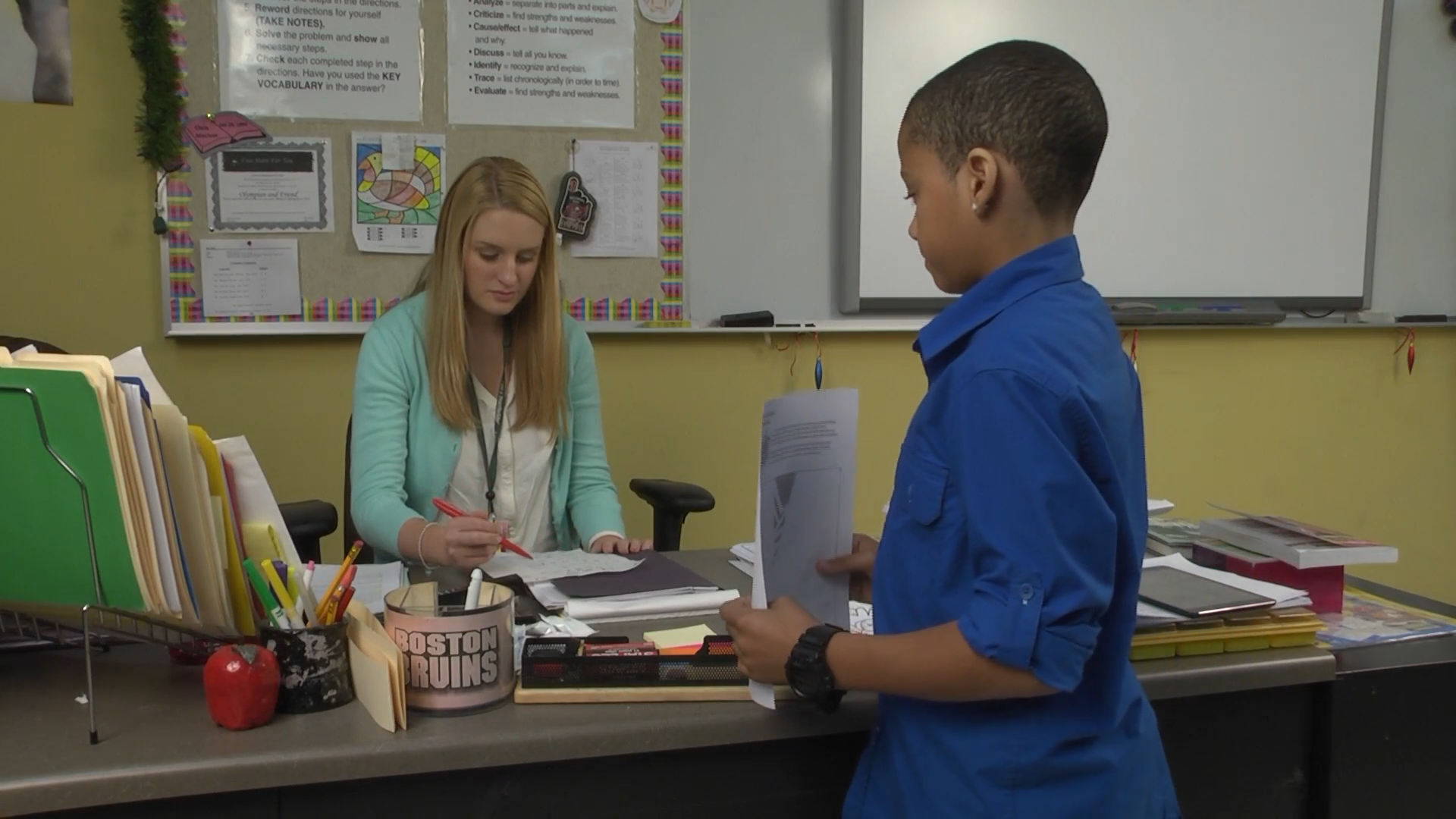
Introduction
Effective communication skills are essential for students in Special Education. One of the key aspects of communication is learning how to get someone’s attention before speaking to them. This not only helps ensure that the listener is paying attention but also sets the foundation for a successful interaction. In this blog post, we will discuss an easy no-prep activity, thought-provoking discussion questions, and related skills to help educators teach this important concept to their students.
No-Prep Activity
Here is a simple activity that requires no preparation or materials from the educator:
- Divide the class into pairs, with one student playing the role of a teacher and the other as a student.
- Explain to the class that the ‘student’ will need to ask the ‘teacher’ for help with a particular question or task.
- Ask the ‘students’ to practice different ways of getting their ‘teacher’s’ attention, such as looking at them, tapping them on the shoulder, or using their words.
- Encourage the ‘teachers’ to respond positively when the ‘student’ successfully gets their attention and provide feedback on how they can improve their approach if needed.
- After a few rounds, have the students switch roles and repeat the activity.
This activity helps students in Special Education practice getting someone’s attention in a safe and supportive environment.
Discussion Questions
Here are some questions designed to stimulate further discussions:
- Why is it important to get someone’s attention before speaking to them?
- What are some different ways to get someone’s attention? Which methods might be more appropriate in certain situations?
- How can we ensure that we are respectful and considerate when trying to get someone’s attention?
- What are some challenges that students in Special Education might face when trying to get someone’s attention, and how can we help them overcome these challenges?
- How can practicing getting someone’s attention help improve overall communication skills?
Related Skills
Beyond getting someone’s attention, there are other relevant skills for students in Special Education to develop:
- Active listening: Encourage students to focus on the speaker, make eye contact, and ask questions to show they are engaged in the conversation.
- Non-verbal communication: Teach students to recognize and use body language, facial expressions, and gestures to convey and interpret messages effectively.
- Expressing thoughts and feelings: Help students learn to express themselves clearly and respectfully, using “I” statements and appropriate vocabulary.
- Social awareness: Foster an understanding of social norms and expectations, as well as empathy for the perspectives and feelings of others.
Next Steps
Now that you have learned about teaching effective communication skills to students in Special Education, take the next step by signing up for free samples of these skills and more. Everyday Speech offers a wide range of resources and activities designed to support educators in teaching social-emotional learning concepts to their students. Don’t miss out on this valuable opportunity to enhance your students’ communication skills and overall success.

